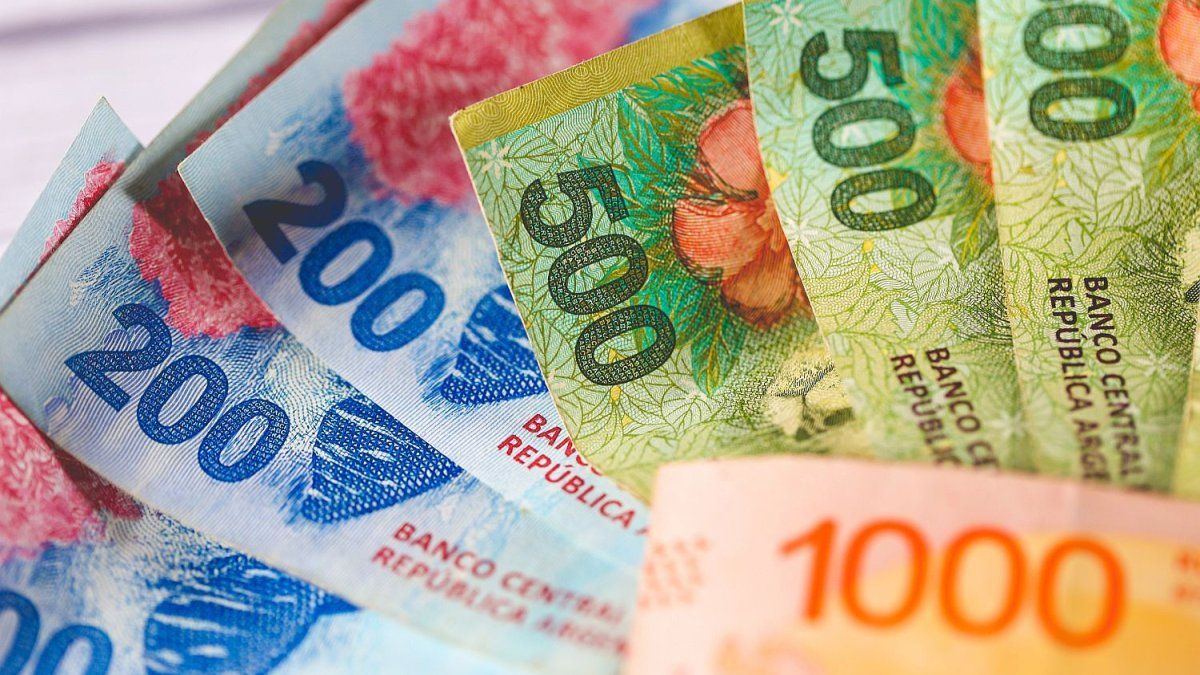Drinks are also important for a balanced diet. But soft drinks and the like for children are often over-sweetened, complain consumer advocates – and are once again drumming up support for a controversial measure.
The colorful bottles and cans feature popular cartoon characters and little monsters – and the contents are often heavily sweetened. Consumer advocates continue to criticize the excessive sugar content in soft drinks for children and are pushing for a soda tax to put a brake on manufacturers. According to a new analysis by the organization Foodwatch, 136 drinks examined, such as lemonades, energy drinks and fruit juices, contained an average of 7.8 percent sugar. That’s more than six cubes per 250-milliliter glass. The industry continues to reject a sugar tax.
“Drinks for children and young people are extremely over-sweetened,” said Foodwatch expert Luise Molling when presenting the study. According to the information, all drinks whose packaging is designed to appeal to children were purchased in five large supermarkets, for example with cute animal figures for younger boys and girls – but also with colorful skeletons or grim-looking figures with sunglasses for young people. Drink packets with small straws, which children often use, were also included.
Of the 136 children’s drinks, only three mineral waters contained neither sugar nor sweeteners. The biggest sugar bomb in the analysis was an energy drink with 15.6 grams of sugar per 100 milliliters – so there are 26 cubes in a 500 milliliter can, which is more than three times as much sugar as children and young people should consume per day according to medical recommendations. 117 of the 136 drinks examined contained more than five grams of sugar per 100 milliliters.
British tax as a model?
Foodwatch again called on the German government to introduce a soft drink tax based on the British model to counteract this. This starts at a threshold of five grams of sugar per 100 milliliters. Manufacturers must then pay 18 pence (21 cents) per liter, and if there are 8 grams of sugar or more per 100 milliliters, 24 pence (28 cents) per liter are due. According to Foodwatch, such a tax should also be applied to drinks with sweeteners and juices. The rate must be high enough to give companies an incentive to change recipes and reduce the sugar content.
The consumer centers also highlight experiences from other countries with a “sweet drink tax.” Previous voluntary commitments to reduce sugar have had no effect, criticized the head of the federal association, Ramona Pop. A strategy launched by the previous government in 2018 also aims to reduce sugar, fat and salt in ready-made products and drinks. According to this, several industries committed themselves on a voluntary basis to reduction targets by 2025. After reviewing the progress, the federal Max Rubner Institute found in the spring that previous changes to recipes were not enough.
“Children should drink water”
In Great Britain, the “Soft Drinks Industry Levy”, as it is officially called, has been in force since 2018 and, according to new research, has led to a reduction in sugar consumption. Sugar consumption through soft drinks fell after the tax was announced – by about half among children and by a third among adults. Sugary drinks in childhood and adolescence are a major risk factor for obesity, diabetes and heart disease, said nutrition expert Berthold Koletzko from the Children’s Hospital at the University of Munich. Children should drink water.
In Germany, too, a soda tax has been discussed for some time. While Federal Food Minister Cem Özdemir (Greens) is in favor of the idea, the FDP-led finance ministry rejects it – there is no agreement in sight in the traffic light coalition.
The major industry associations are also taking a stand against it. “Specific and non-scientifically proven measures such as individual taxes should be rejected,” said the German Food Trade Association. Overweight and obesity in children have many causes, such as genetic predisposition, sport or eating habits. The Non-Alcoholic Beverages Association and the German Food Association also expressed their opposition. The German Fruit Juice Industry Association instead demanded: “In our view, the focus of nutrition policy should be on education and awareness.”
Advertising restrictions are stuck
In addition to a soda tax, consumer advocates and medical experts are pushing for other measures to ensure children eat healthier. Foodwatch called for an age limit of 18 for the purchase of energy drinks – and “effective advertising barriers” for unhealthy products. However, Özdemir’s legislative plans, for example with regard to advertising bans on television, were completely stuck in the coalition. Association head Pop warned that the government was called upon to “create nutritional environments in which children and young people can grow up healthy.”
Source: Stern




